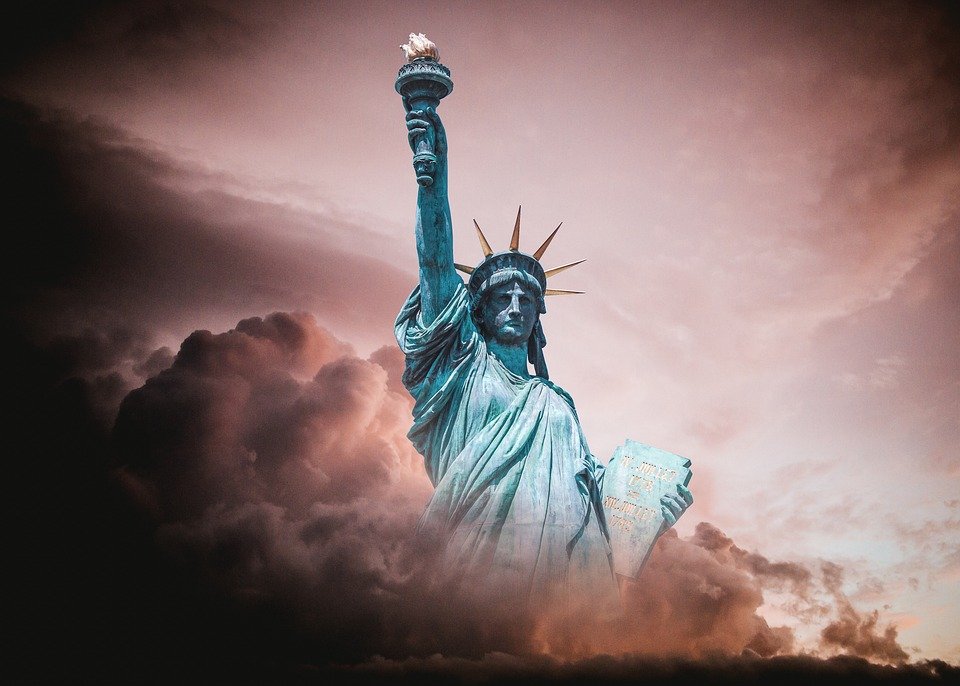From Roe v. Wade to Gun Rights: The Evolving Legacy of SCOTUS
The Supreme Court of the United States (SCOTUS) has long been a fulcrum of American democracy, shaping the nation’s understanding of rights, liberties, and justice. Throughout its history, the Court has echoed the societal values and contentious debates of its time, with landmark decisions that often provoke fervent reactions. Two of the most polarizing issues—abortion rights and gun ownership—exemplify this dynamic. The introduction of key rulings, such as Roe v. Wade and District of Columbia v. Heller, has both reflected and influenced the evolving fabric of American society.
Roe v. Wade: A Milestone in Reproductive Rights
Decided in 1973, Roe v. Wade remains one of the most significant Supreme Court decisions in American history. The case centered around a woman named "Jane Roe" (real name Norma McCorvey), who challenged Texas laws that made abortion illegal except to save a mother’s life. The Court’s 7-2 ruling declared that the right to privacy, grounded in the Due Process Clause of the Fourteenth Amendment, encompassed a woman’s decision to terminate her pregnancy. This landmark decision effectively legalized abortion nationwide, igniting a culture war that would resonate through decades of American political, social, and legal discourse.
The ruling did not come without controversy. It galvanized the pro-life movement, leading to a sustained campaign to overturn it, characterized by ongoing state-level restrictions and challenges. Over the years, SCOTUS faced a litany of cases aimed at reshaping abortion access, with decisions often swaying in line with the political orientations of the sitting justices.
In June 2022, the landscape shifted dramatically with the Supreme Court’s ruling in Dobbs v. Jackson Women’s Health Organization, which overturned Roe v. Wade. The decision returned the authority to regulate abortion back to individual states, effectively dismantling the nationwide framework established nearly 50 years prior. This seismic shift underscored the Court’s evolving legacy and served as a stark reminder that its interpretations are not immutable.
The Right to Bear Arms: A Constitutional Interpretation
In stark contrast to issues surrounding reproductive rights, the Second Amendment’s guarantee of the right to "keep and bear arms" has also seen varying interpretations during the Court’s tenure. The controversial ruling in District of Columbia v. Heller in 2008 marked a significant departure from previous interpretations of gun rights. The Court held that the Second Amendment protects an individual’s right to possess a firearm for personal use, unconnected to service in a militia. This case energized gun rights advocates, reinforcing the perception of firearms as a fundamental aspect of American identity.
Further rulings, including McDonald v. City of Chicago in 2010, expanded the Heller decision, affirming that the right to bear arms is applicable to state and local governments. As a result, the Court has become a focal point in the broader debate over gun control, with ongoing legal battles reflecting deep-seated societal divisions regarding safety, regulation, and freedom.
The Evolving Court: Reflections and Reactions
The contrasting narratives of Roe v. Wade and District of Columbia v. Heller underscore the Supreme Court’s evolving legacy in shaping and reframing the national discourse on personal rights. Each decision reflects a complex interplay of legal interpretation and societal values, illustrating how the Court is both a product of and a contributor to broader cultural shifts.
The polarization surrounding these issues is evident in public opinion and political discourse. While opinions on abortion and gun rights fluctuate, the Court’s decisions continue to galvanize grassroots movements, prompting citizens to advocate for policies reflecting their values. The consequences of these rulings often extend beyond the immediate legal realm, influencing electoral politics, state legislation, and the very fabric of American society.
Looking Ahead: SCOTUS in a Changing Society
As the Supreme Court continues to navigate a rapidly changing society, the legacies of landmark cases like Roe v. Wade and Heller illuminate the complexities of interpreting constitutional rights. The ongoing debates surrounding these issues prompt reflection on the nature of rights in a democratic society, highlighting the responsibility of the judiciary as a guiding force in times of contention.
The implications of SCOTUS decisions are profound and far-reaching, reminding us that the Court is not merely an arbiter of legal disputes but a powerful actor in shaping the nation’s moral and ethical landscapes. As America continues to grapple with issues of personal autonomy and collective safety, the evolving legacy of the Supreme Court will undoubtedly play a crucial role in defining the trajectory of justice and rights for generations to come.


